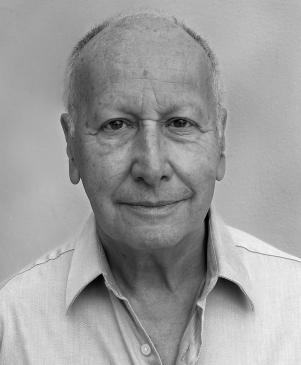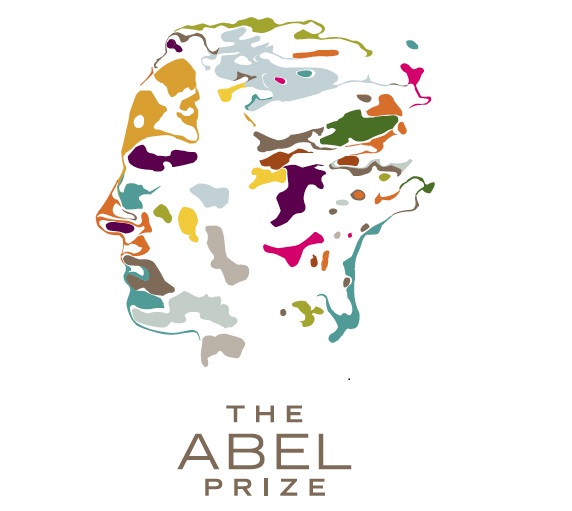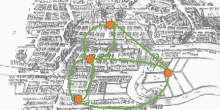The Abel Committee has awarded Luis A. Caffarelli the 2023 Abel Prize for his seminal contributions to the study of nonlinear partial differential equations.


Every year the Abel prize is awarded in March, this is always a nice opportunity to take a short break from everything else we are doing and have a glimpse into an area of modern mathematics that many researchers are enthusiastic about, and passionately try to unravel its mysteries. First, I want to make a confession, often I don’t know the Abel laureates before they receive the prize. I feel slightly ashamed of this, but I think that more colleagues experience the same. I think it also has to do with the low visibility of mathematics, which is thankfully changing in the past years and will keep getting better thanks to various initiatives popularizing modern mathematics, like QuantaMagazine, Numberphile, and 3Blue1Brown to name a few.
Although I may not have heard of the mathematicians themselves, when I read about their research, I realize that the problems they have been working on are quite familiar. This makes sense of course; they receive the Abel prize because their research is of crucial importance for the whole area of mathematics. Hence their ideas and work can be found everywhere in modern mathematics. In some sense, their work and ideas are present everywhere.
For example, all mathematicians know that nonlinear partial differential equations are very important in both theoretical and applied sciences. Every mathematics institute has a research group working on them. From climate and weather models, how heat and sound propagate, to electromagnetism, nonlinear partial differential equations are of profound importance in so many areas. Moreover, every university program in mathematics offers an introductory course in ordinary differential equations. Replacing “nonlinear partial” with “ordinary” makes things much simpler as you can imagine.
What is essential when studying these equations is that if you want to find a specific solution you need a so-called boundary condition, you need to know the solution at some point in time and space. Knowing the general solution and the boundary condition you can say something about the solution at other points in time and space.
These boundary conditions are pivotal in Caffarelli’s work, he studied partial differential equations with a so-called free boundary condition. What does this mean? A typical example is an ice cube in water, heat is transferred from the water to the ice cube which melts. As it melts its shape changes, which affects the process. The boundary is not fixed, it changes during the process. A couple of years ago I read this article, it was about the solutions of the nonlinear partial differential equations used to model this phenomenon, how ice melts in water. Back then mathematicians had proven that these solutions behave in a nice way, they are smooth. This is what I meant in the beginning, even if I didn’t know his name, I was reading about results and research that was inspired by and probably directly related to his work.
I just wanted to share this personal feeling with you, if you want to read a little bit more about Caffarelli’s research then you can have a look at the short articles written by the Abel prize committee. They are quite accessible, pleasant to read and convey the essence of Caffarelli’s work. I think it is worth spending an hour learning about these amazing areas in modern mathematics. Every year in March.






